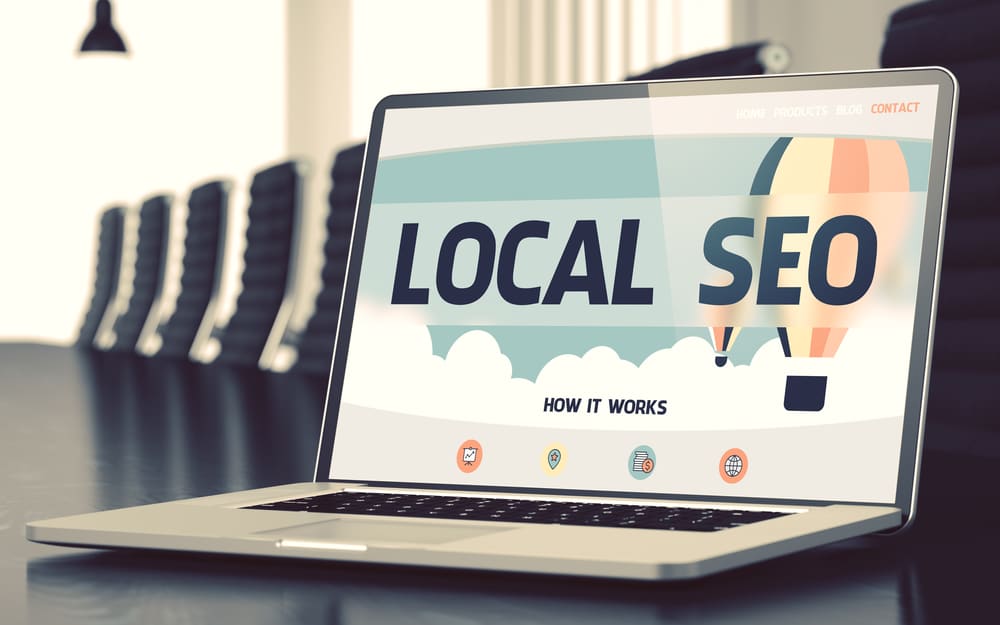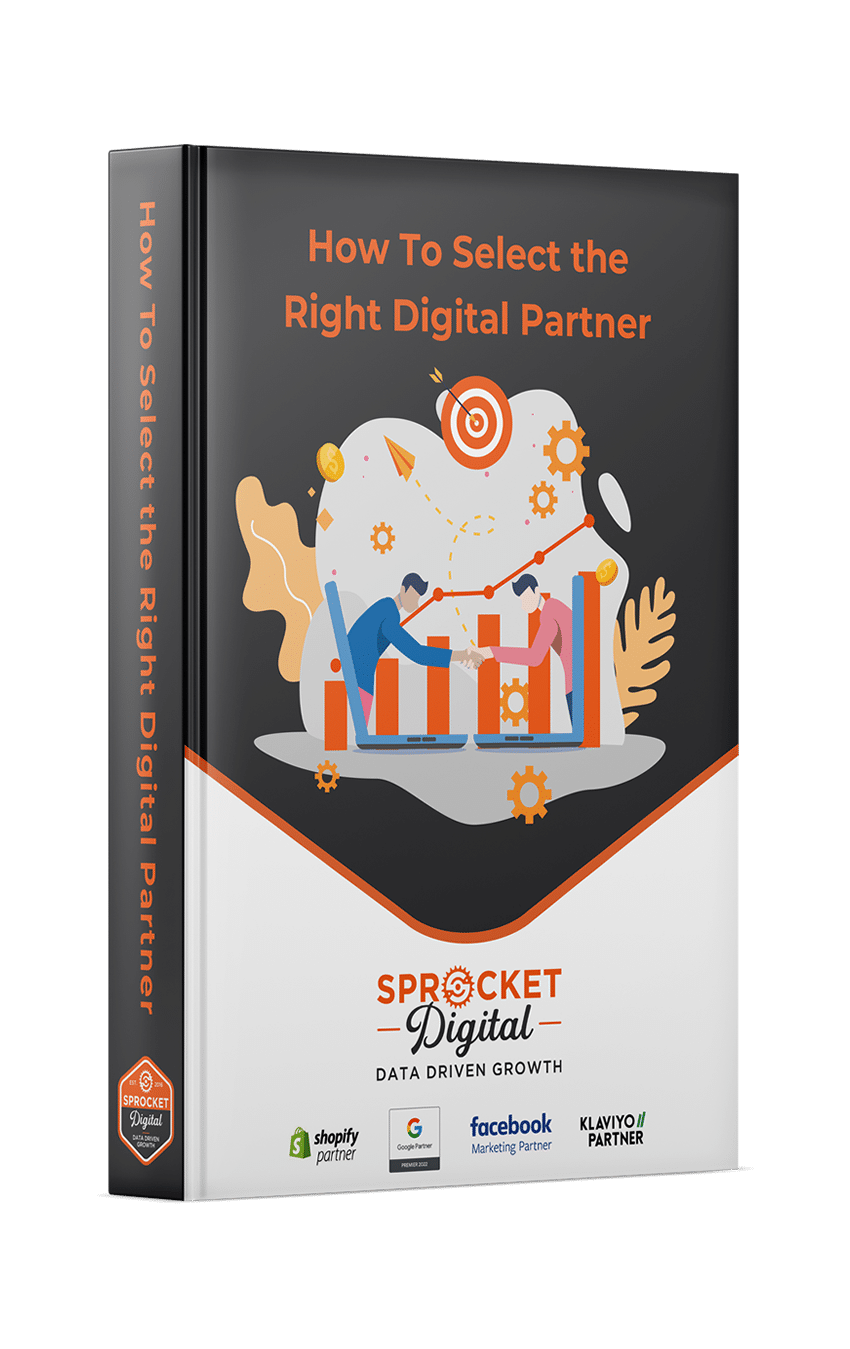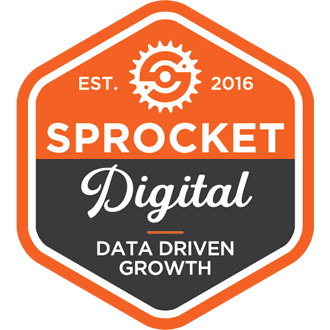Local SEO Management
Imagine you get home from work and realise that you’ve prepared nothing for dinner, the fridge is empty and that there are no open shops. You’re super hungry, so what would be the quickest way to get food in your belly? It’s simple. You can whip out your smartphone, open a search engine and search “Chinese food”.
If your phone has location settings enabled (or even if you’ve previously used your location settings to get directions to and from home), it will bring up a list of Chinese restaurants that are closest to you. Your favourite restaurant, Happy Panda, pops up – but you can’t tell if they’re open or closed or even look at a menu to see if they still serve that orange beef dish you love so much.
There’s another listing for a new restaurant, Pride of China, on the search engine results page. You can see that it’s open until midnight, that it does take away orders and that 34 other people have rated it five stars. You click on the number provided and in moments you’re placing your order. After the required time has passed, you click on the link, which opens up in Google Maps. Your phone’s GPS navigates you to the location of the restaurant, where your hot and delicious food is waiting for pickup.
In the above scenario, convenience and ease of use won out over the natural choice. So, what does this have to do with promoting your business?
The Power of Local SEO
You know that your business has a website and that Search Engine Optimisation (or SEO) helps the right people to find your site. It’s useful to employ, but it’s not the only way you can target customers. Local SEO is another powerful tool that you can use to target those most likely to need your services – the people in your neighbourhood.
It’s a fact that whether someone needs Chinese food, an emergency plumber or a towing service, they’re going to look in their local area before they look further afield. According to Google statistics, 46% of searches have local intent. It goes to show how important local SEO has become in getting your business to rank higher and better than other local businesses.
Local SEO is gaining traction among many local business owners as they begin to understand its power and how it can work alongside their SEO and paid search advertising to contribute meaningfully to their businesses. There are many facets to it, but one of the quickest and easiest ones is to get started by claiming your Google My Business (GMB) listing.
Google My Business
You may recognise Google My Business by its previous names, Google Local and Google +. In a nutshell, it’s a business profile which feeds information to Google map search results as well as general search engine results. It’s why if someone searches for a particular service in your area, your business will appear at the top right corner.
To claim your GMB profile, you need to verify yourself. After this, you can add photos, your contact details and even the average prices of your services. It also generates questions you can answer, such as if you have secure parking on site or if you close on public holidays.
Via a centralised dashboard, you can use Google Analytics to track any website traffic your profile creates, as well as where the audience is coming from and who they are. The best part of all is that its free to use and has no running costs.
GMB isn’t the only way you can improve your local SEO. There are also several ways you can optimise your website for local SEO. Some of the following methods you may already have a strategy in place while others might come as a complete surprise to you:
• Your title and meta description tags are crucial HTML elements that allow your site to rank higher in local searches. Customise your title as well as your meta description using keywords that tie directly into what your business has to offer as well as its location.
• Make use of online directories and citations. These tools work wonders for local SEO and help to rank your business on Google. You could find the local online services directory for your neighbourhood and list your business there.
• Online reviews can boost your local business rankings. Encourage happy customers to comment on your local listing or to give you a star rating. It’s vital that you pay attention to questions asked and even to negative rankings, as the right response could turn a one-star review into a five star one.
• Make sure your website is mobile friendly. Having all your information displayed on a listing or GMB is impossible. Make sure that if a customer is navigating using a smart device that your website will be easy to read and navigate through.
• If your business operates in more than one area, setting up various location pages on your website is a good idea. For example, if you offer plumbing services in many neighbourhoods, having pages that say something like “emergency plumbing Ponsonby” and “emergency plumbing Devonport’ will help you rank well for both areas.
Does it all sound complex? Well, it is and isn’t. Once you understand how SEO works in general, its various elements become more accessible. However, it is a time-consuming job that requires constant maintenance and updating for optimal results. For this, you’re better off working with a dedicated SEO agency Auckland .
The advantage of working with an established SEO agency is that they’ll do all the work for you and you can enjoy the benefits. They’ll explain what they’d like to do and why, and how it will help you better achieve your goals. Your business should make use of Local SEO if you’re a brand-new entity looking to make a name for itself in the community. Even if you aren’t and are just looking to generate more leads, you’ll find that it does the job super effectively.




